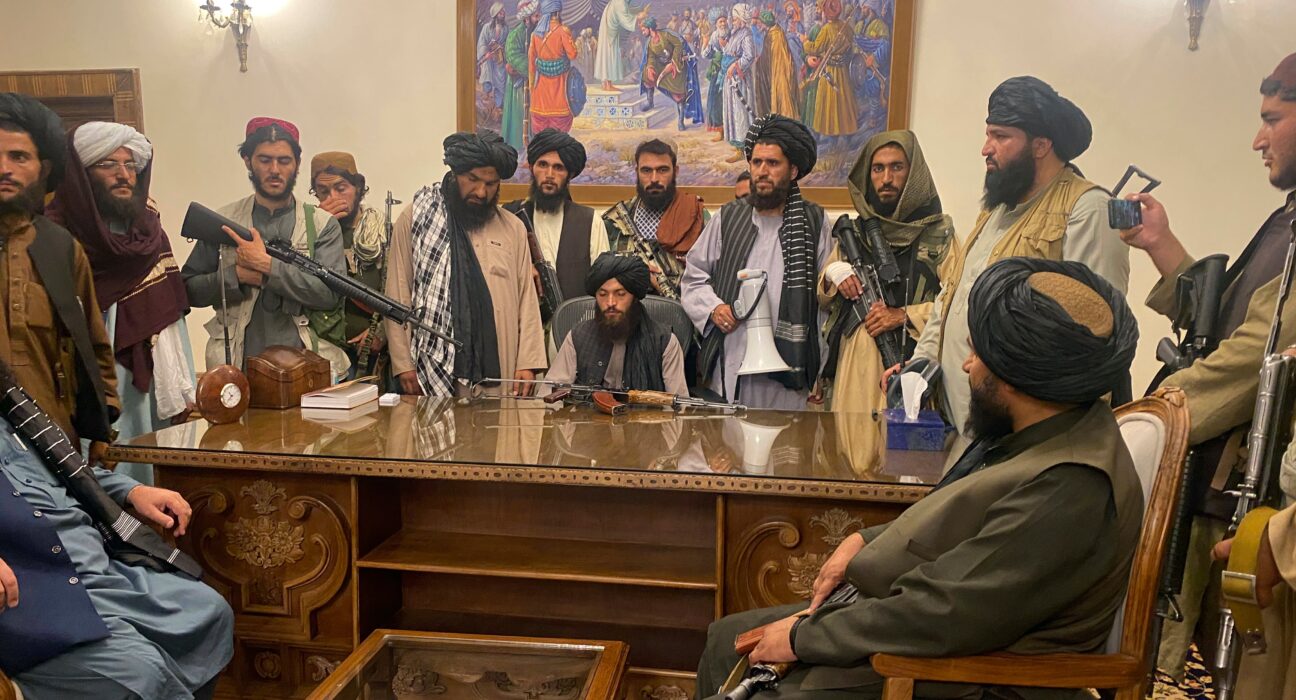Imagine the geopolitical chessboard where nations strategically position their pieces, each move a calculated risk with far-reaching consequences. In this intricate game, Russia made a bold and unexpected move, becoming the first country in the world to recognize the Taliban as the legitimate government in Afghanistan. This decision, announced by the Afghan Foreign Minister and confirmed by the Russian Ambassador in Kabul, marks a significant shift in international relations concerning the war-torn nation.
For years, the Taliban regime was shunned by the global community, labeled as a pariah state due to its oppressive policies, particularly towards women and girls. The strict restrictions imposed by the Taliban government, such as banning women from public parks and denying girls access to education, had alienated Afghanistan on the world stage. However, Russia’s decision to extend recognition to the Taliban signals a potential turning point, opening the door for other countries to engage with Kabul diplomatically.
“The recognition by Russia of the Islamic Emirate of Afghanistan is a symbolic gesture highlighting the friendly relations between Moscow and Kabul,”
noted Ruslan Suleymanov, an expert in Central Asia. This move is not merely symbolic but reflects a strategic realignment in Russia’s foreign policy, especially in light of its waning influence on the global stage. The decision was not taken lightly, as internal debates within Russian government circles underscored the complexities and implications of such a decision.
“The recognition offers limited tactical advantages. The Taliban may not be reliable partners, and Afghanistan does not hold the same strategic importance as Syria or Iran,”
observed Nikita Smagin, a Russian expert on Middle Eastern affairs. Despite these reservations, the Kremlin’s diplomatic arm prevailed, paving the way for formal acknowledgment of the Taliban government.
This diplomatic maneuver by Russia is part of a broader trend where governments led by militants or designated terrorists are gradually gaining international legitimacy for geopolitical expediency. Giuliano Bifolchi, an analyst specializing in Eurasia, highlighted the concerning implications of this trend, noting how it could undermine established norms of state legitimacy and embolden armed groups worldwide to seize power through force, banking on the hope of eventual recognition.
The historical context between Russia and Afghanistan adds layers of complexity to this recognition. Decades ago, Soviet troops intervened in Afghanistan, igniting a protracted conflict against U.S.-backed mujahideen fighters. The scars of that conflict still linger, making Russia’s recognition of the Taliban government a nuanced decision intertwined with past animosities and strategic calculations.
As the global landscape evolves, with shifting alliances and emerging threats, the recognition of the Taliban government by Russia sets a precedent that may influence future diplomatic engagements and power dynamics. The implications of this decision extend beyond the borders of Afghanistan, raising questions about the sanctity of international norms and the pragmatic calculus of state recognition in a rapidly changing world.
In conclusion, Russia’s groundbreaking decision to recognize the Taliban government in Afghanistan reflects the intricate interplay of geopolitics, historical legacies, and strategic calculations. This move underscores the evolving nature of diplomatic relations in a complex world where alliances are fluid, and traditional norms are increasingly challenged. As nations navigate this dynamic landscape, the repercussions of such decisions reverberate far beyond the confines of Kabul, shaping the contours of global politics and power dynamics in unforeseen ways.

